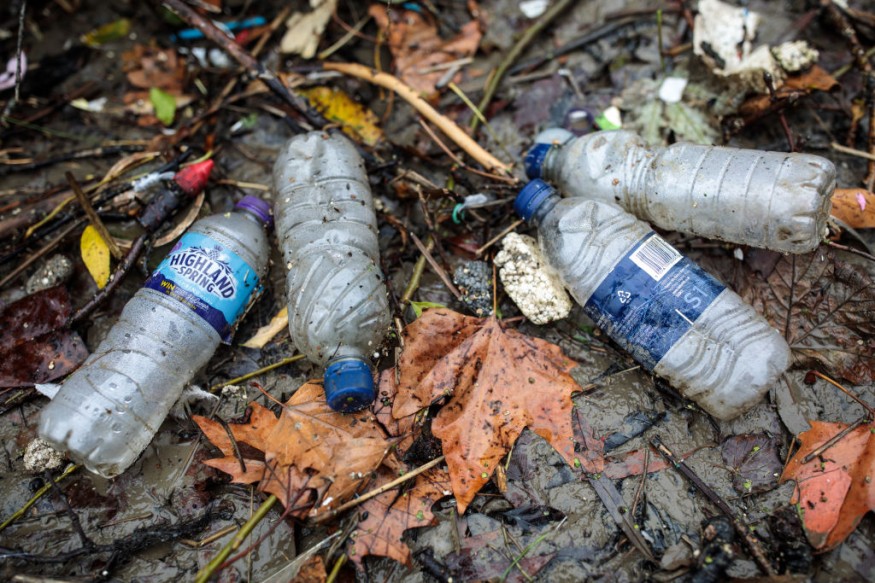The latest research found that the European plastic sent to Vietnam can enter nature, causing a significant impact on people's health and the environment.
Plastic pollution has been a growing environmental and world problem. The debris can enter the world's oceans and wildlife, which can have devastating effects on animal's survival and health.
As a result, effective plastic use and sustainable plans can help mitigate the plastic effects on nature. Environment-friendly policies can also reduce widespread plastic consumption.
According to reports, there are about 400 million tons of plastic production every year. Alarmingly, at least 14 million tons of plastic manage to enter oceans.
Exported European Plastic Waste Entering Nature

In the study published in the Circular Economy and Sustainability, researchers studied the exporting of plastic waste to Vietnam. Although plastics can be traded in other parts of the world, there is an urgent need for effective plastic disposal and sustainability.
The Dutch and Vietnamese researchers, led by Utrecht University's Kaustubh Thapa, conducted a multidisciplinary perspective to observe the EU plastic export. Understanding plastic consumption will help to improve recycling methods to prevent debris affecting marine animals.
Furthermore, the report raised concerns about the EU plastic that went into oceans. The traded plastic can give profit to people or communities, but the lack of oversight could pose significant health threats.
Monitoring the shipped plastic is essential to ensure sustainable recycling. Meanwhile, the researchers hoped that the findings would provide new insights into policymakers, especially for the UN plans to curb rampant plastic pollution.
Pollution in Vietnam's Ha Long Bay
In the country's Ha Long Bay, a recent report warned of widespread pollution in the famous waters. Garbage and plastic have caused to deterioration of the water quality in the region.
High levels of metals and ammonia were reported in the Bay. To mitigate the pollution impacts, authorities developed fines for illegal activities and suspended construction projects
Eco-friendly recycling will help deal with the declining water quality in the Bay.
Widespread Microplastics Threat to Ecosystem
The smaller microplastics are also a pressing environmental problem. Marine animals and humans can likely become exposed to the small pieces of plastics. For instance, people can consume contaminated fish, with microplastics.
The findings were published in the Comparative Biochemistry and Physiology Part C: Toxicology & Pharmacology. Researchers studied the microplastic effects on goldfish.
Alarmingly, they found the Benzo[α]pyrene (BaP) pollutant that could impact goldfish's behavior and health. The said fish can likely become more stressed.
Related Article : Microplastic Particles Found Inside the Bodies of Whales and Dolphins
Fo more similar, don't forget to follow Nature World News.
© 2025 NatureWorldNews.com All rights reserved. Do not reproduce without permission.





